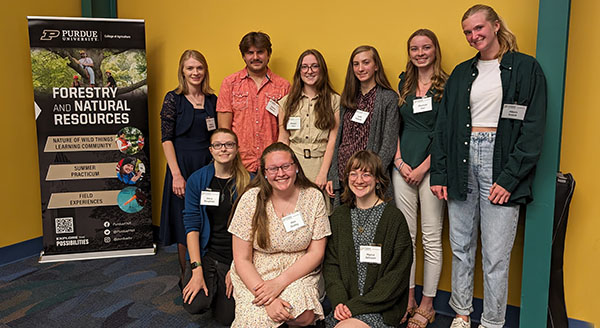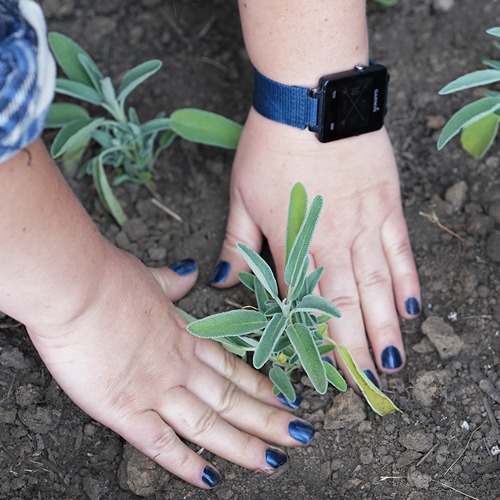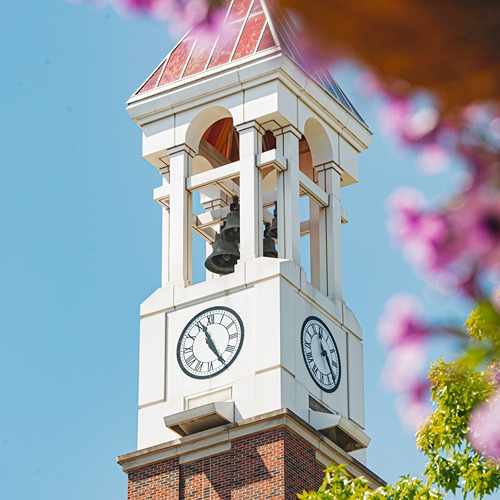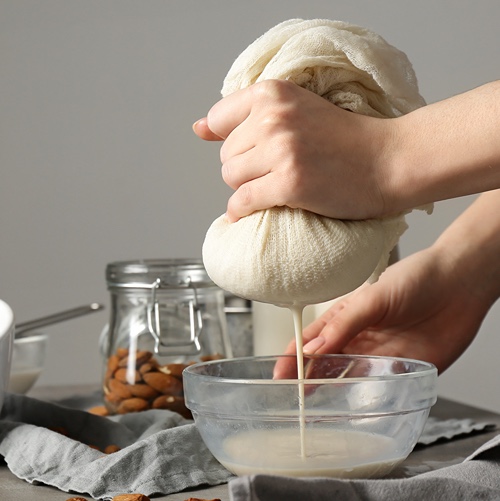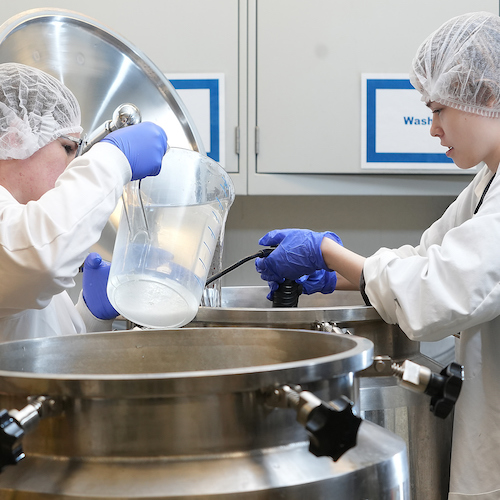The drive to patent technology is routine in the industrial sector, and many believe it should become just as common in higher education to protect one’s work and research.
While the patenting process can be long and expensive, Bernie Engel, senior associate dean and director of Agricultural Research and Graduate Education, said Purdue faculty don’t need to travel the tough road alone.
Many basic discoveries are broadly shared in journal publications and through Extension outreach. However, Engle explains there are times when it is necessary for researchers to protect their discoveries through patenting, copyright or as trade secrets. The first step in the protection process is to disclose their findings to Purdue University's Office of Technology Commercialization (OTC).
“OTC will work with the faculty member and other inventors involved to determine if the finding is worth the length of time and money it takes to obtain a patent,” Engel said. “Not everything that gets disclosed will receive a patent, but identifying whether it is patentable or not is important.”
Many of the university’s startups were founded around the findings of patentable technology.
“The university has been working hard to encourage everyone to think about startups,” Engel said. “It is often critical to have a key piece of technology patented that a startup is formed around so that a competitor or startup with more resources can’t swoop in and displace you.”
Patent holder Christian Butzke, professor of food science and Innovation and Entrepreneurship Fellow, said breaking down preconceptions of seeking patents has been something he is seeking to do.
 Christian Butzke, professor of food science and Innovation and Entrepreneurship Fellow, speaks to breaking down preconceptions of seeking patents.
Christian Butzke, professor of food science and Innovation and Entrepreneurship Fellow, speaks to breaking down preconceptions of seeking patents. “Industry can take applied research and make significantly large profits off it, while the researcher gains little to nothing. Of course, those of us who have gone into academia as a career understood that was just the way things worked. So, there is the separation of industry and the academic world that has been in existence for the longest time. But we are now putting a focus on patents, saying, ‘Hey, wait a second, what if we do both?"
Disclosing research in pursuit of a patent doesn’t create a roadblock in a researcher’s journey. Receiving a patent, or in some cases a copyright, is simply placing a claim on that intellectual property, Butzke said. By doing so, this opens a door to form a startup.
“Patents create avenues for potentially becoming an entrepreneur through your inventions, which is an exciting perspective,” he said.
A second door is also opened through patenting, Engel explained, leading to the licensing of a company.
“Getting these discoveries into the hands of the public often requires a company to produce, market and support these products,” Engle said. “Protections such as a patent are needed for companies to make the investment to move the discovery into the marketplace.”
In an ever-changing world, Butzke said, finding academia’s role in education and innovation is critical.
